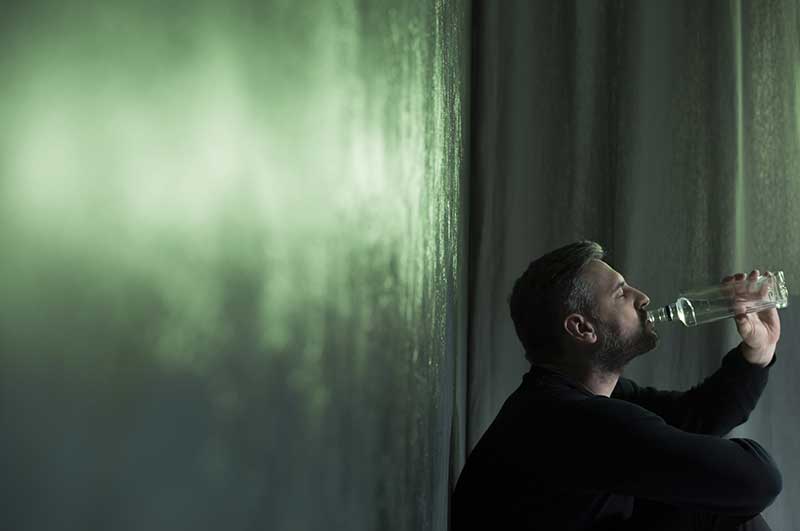Relapsing can feel like the end of the world. After going through the struggle of addiction, working the programs, and finally getting clean, it can feel like you are falling into a deep hole after a relapse. Whether it happened during a momentary weakness or falling into old unhealthy relationships and habits, relapses do happen, and there is hope for overcoming them. The most important thing is to recognize what is happening, keep a positive attitude, and take measures to ensure it is not ongoing and does not happen again.
Relapse often leads to intense feelings of humiliation and guilt. It is important to brace yourself for these feelings as they may make you even more prone to use again. Contact your support group should be one of the first things you do after a relapse. Addiction is one of the most difficult things to overcome on your own. Therefore, notifying your support group, whether that be family, friends, or a sponsor, is key to ensuring you get the help you need. Even if it’s just reaching out via phone call or text, letting your support group know what happened is vital to moving forward.

Each person’s addiction is different, just like each relapse scenario will be different. In some cases, it may be best to return to treatment after a relapse. Yet, in other cases, it may have been a one time slip that is avoidable in the future by making lifestyle changes and leaning on your support group. While it is important to keep a positive attitude, it is also important to recognize that relapse is a big deal. It is important to avoid the negative spiral of relapse, treatment, relapse treatment.
During a relapse, it is important to keep everything in perspective. While it may feel like a setback, you should try to look it at more as a stepping stone, or a challenge to overcome. Regardless of your substance of choice, having a support network is one of the most important factors in overcoming addiction and relapse, and staying clean. Determining what caused the relapse is another important factor. Was it feelings of stress, anxiety, guilt, or depression brought on by something going on in your life? Did you run into an old friend that you used to use with, and it sparked old memories? It is important to determine the trigger that caused the relapse in the first place, in order to put measures in place to avoid that trigger in the future.
A relapse can feel like the end of the world. Feelings of guilt and shame are amplified during a relapse. However, it is important to mitigate these feelings by surrounding yourself with a strong support system who love and care about you, and who knows how to get you to the help you need. Relapses happen to many people going through rehabilitation and recovery. It is ok. The most important thing is to put measures in place, so relapse does not become a habit, and so that you are able to live a fulfilling life after treatment.

